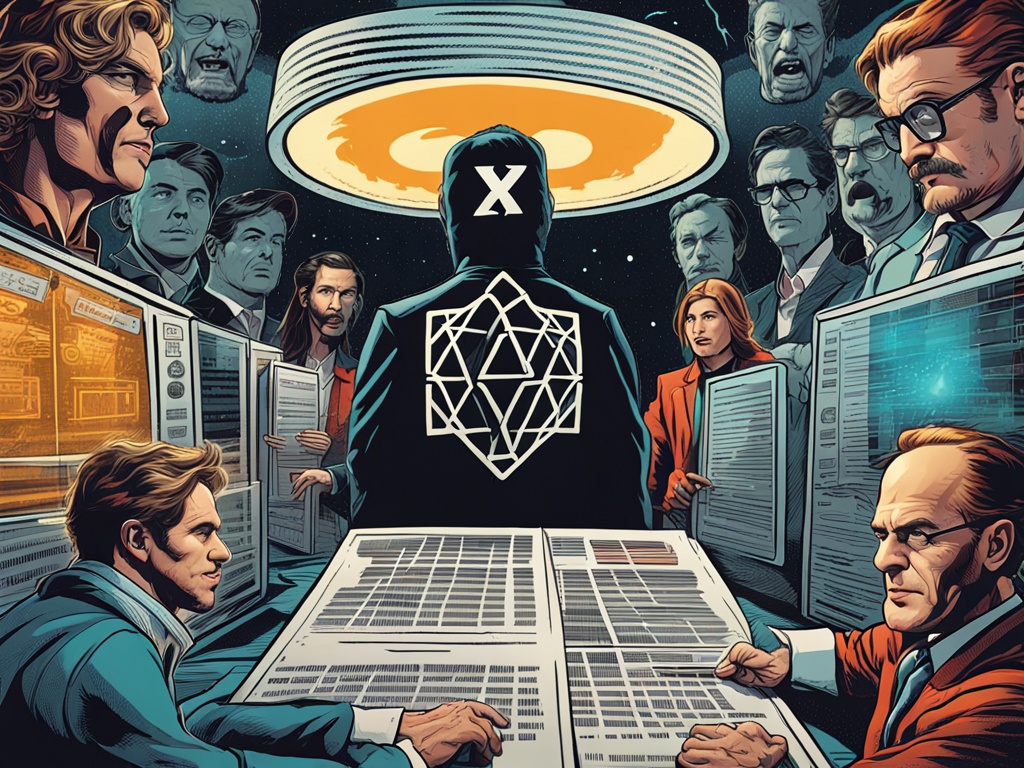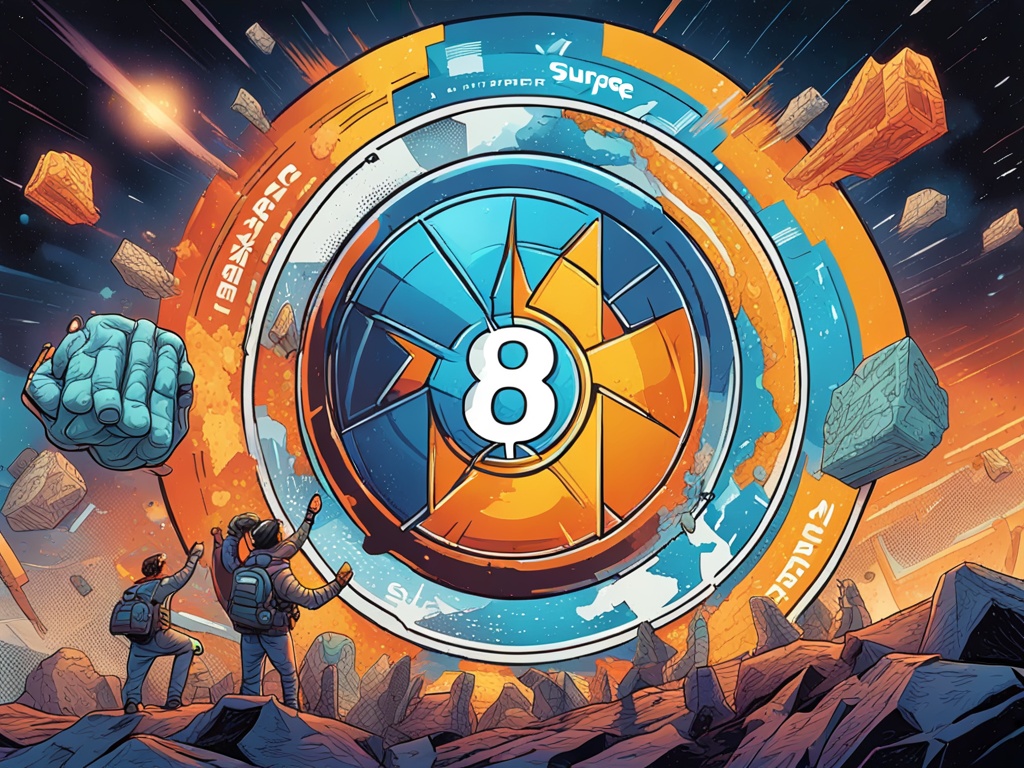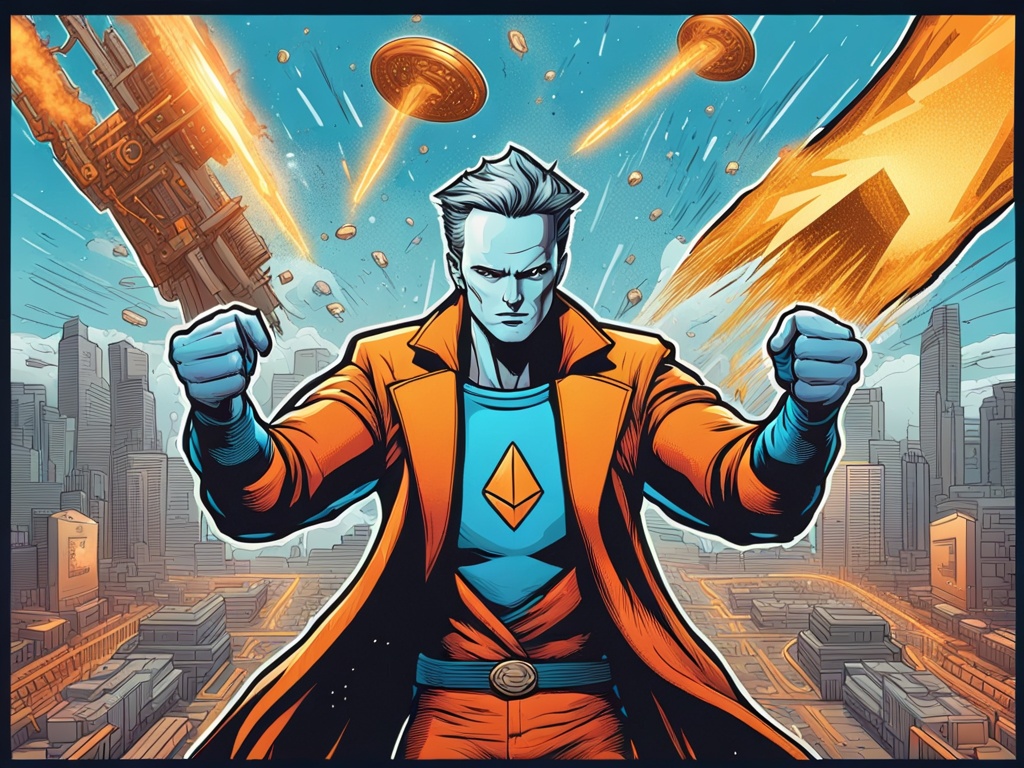Is XRP Really Decentralized or Just Another Hyped Token?
Hey there! So, we’ve been hearing a lot of chatter around XRP lately, right? You might be wondering if it’s the golden ticket or just another bubble waiting to burst. I want to dive into this with you from the perspective of the current debates plaguing the crypto world, particularly around the claims made by Ripple executives compared to what some analysts suggest. Let’s get into the nitty-gritty of the XRP Ledger’s alleged centralization and what it could mean for the crypto market.
Key Takeaways
- Justin Bons, a respected analyst, claims XRP is centralized and operates under a flawed system.
- The consensus mechanism of XRP relies heavily on Unique Node Lists (UNLs), which are essentially permissioned, challenging claims of decentralization.
- Bons argues that XRP’s structure lacks proper incentives for validators, which goes against the fundamentals of decentralized currencies.
- The community is divided, with strong opinions on both sides of the argument.
The Centralization Debate: What’s Happening?
According to Justin Bons, who has been deep down the crypto rabbit hole for years, there’s a lot more than what meets the eye regarding XRP. He states that XRP operates on a consensus mechanism that makes it centralized and permissioned. This is crucial because it contradicts the claims by Ripple executives who tout XRP as a decentralized currency.
So what’s the issue here? Bons points to their use of Unique Node Lists (UNLs) which are like a handpicked list of trusted nodes created by a single entity, primarily the XRP Foundation. This setup sounds more like a Proof of Authority (PoA) system rather than the decentralized models such as Proof of Work (PoW) or Proof of Stake (PoS). Imagine trusting a friend to always call the shots in a game – it sounds fair until you realize he could just make up the rules anytime. That’s sort of the vibe here.
Trust Issues and Overlap Concerns
Bons goes on to explain that if you want to participate in the consensus process, you need permission from the XRP Foundation. Wait, what? Sounds pretty centralized to me! Think of it like needing a VIP pass to enter a club – if you don’t have it, you’re not getting in. Plus, there’s this requirement for a 90% overlap in your UNL compared to the rest of the network. If you don’t hit that number, you risk being cut off. Imagine getting kicked out of a party for not knowing the right people – tough crowd, right?
The Lack of Incentives: Why This Matters
One of the major talking points here is the lack of incentives in the XRP network. In PoW or PoS models, validators are compensated for their efforts, making the process fair and driving participation. But according to Bons, XRP doesn’t offer these kinds of rewards, making it heavily reliant on trust. A blockchain that thrives on trust alone tends to lean toward centralization, and that’s a red flag for many investors.
Let’s be honest; no one wants to invest in something that feels like a house of cards. Bons stresses that this lack of incentives ends up giving the XRP Foundation a sort of total control over the network’s validators. It’s like running a show where you’re the only one allowed to pick the cast members.
Community Reactions: Mixed Feelings
Naturally, Bons’ critiques have sparked a flurry of responses from the community. Some passionately defend XRP, arguing that it indeed operates with numerous validators and a decentralized feel. You can feel the tension, right? It’s like debating who the GOAT is in basketball—fans get heated, and emotions run high.
While some enthusiasts argue that Ripple is simply a private entity and therefore shouldn’t be compared to decentralized currencies, the concerns raised by analysts like Bons cannot be ignored. It’s a fascinating dichotomy: one side sees the decentralization, while the other warns of significant central controlling forces at play.
What Does This Mean for Investors?
So, what does all this mean for you as a potential investor? Here are some practical tips to navigate this turbulent sea:
- Do Your Research: Always evaluate claims critically. Look beyond the hype and understand the mechanics of the cryptocurrency you’re investing in.
- Stay Updated: The crypto world is constantly evolving. Keep an eye on updates from credible sources about XRP and similar currencies.
- Diversify: Don’t put all your eggs in one basket. The crypto market is wild, and spreading your investments can help mitigate risks.
- Engage with the Community: Join forums or discussion groups to get varied perspectives. This can enhance your understanding and keep you informed.
My Personal Insights
From my perspective, the critique surrounding XRP presents an opportunity for serious reflection within the crypto ecosystem. It’s essential that we have transparent discussions about centralization versus decentralization. Everyone loves an underdog story, but a little honesty can go a long way. Personally, I think there’s incredible potential for XRP if it can embrace true decentralization mechanisms. Who knows, it could redefine its narrative in the coming years?
A Final Thought to Ponder
We’re in an era where the lines between centralized and decentralized finance are increasingly blurred. As you consider where to invest your hard-earned cash, ask yourself: Are you investing in the technology and ideology of decentralization, or are you simply buying into the latest trend?
It’s a big question and one that requires personal introspection! Looking forward to hearing what you think—let’s keep the conversation going!





 By
By
 By
By
 By
By
 By
By
 By
By